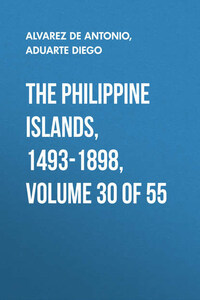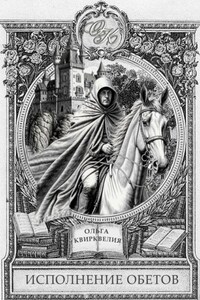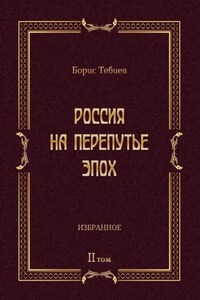The present volume contains no record of events in the year 1640; but its two documents are retrospective from that date. The first, an historical survey of Philippine commerce with Nueva España, from its beginning until 1640, is taken from the Extracto historial (Madrid, 1736), a work devoted to that subject and compiled by order of the Spanish government. The second is Aduarte’s noted history of the Dominican missions in the Philippines; although much of it is briefly synopsized, its great length permits us only to begin it here, two more volumes being necessary to complete it.
Valuable information regarding the trade between the Philippines and Nueva España is furnished by the Extracto historial (Madrid, 1736), from which we take such matter as pertains to that commerce up to 1640. A brief summary of royal ordinances thereon is followed by a memorial sent (1640) to the royal visitor for Mexico, Juan Palafox y Mendoza, by Juan Grau y Monfalcón, agent at the Spanish court for the Philippine Islands. As Palafox is commissioned to investigate the condition, needs, and commerce of the islands, Grau sends him this memorial by way of information thereon, and as a brief for the islands in their controversy over the grievous restrictions placed on their commerce with Nueva España (which is mainly their export thither of Chinese silk fabrics). Grau’s argument is carefully divided and subdivided; it is not always ingenuous, and sometimes he overshoots his mark, or uses the same premises for different and at times incongruous results; but it is on the whole a forcible presentation of the difficulties and embarrassments under which that commerce is laboring, and even the colony striving for existence. He constantly urges the great importance of the Philippines to the Spanish crown, not only as a center of missionary effort in the Orient, but for the defense of the Moluccas and the spice trade, the maintenance of Eastern India, and the diversion from that region and from the American coasts of the Dutch enemy, on whom the Philippine colony is a continual and effective check; all these considerations are discussed at length. He lauds the bravery, loyalty, and piety of the Spaniards in those islands, and their great services to the crown. He computes the expenditures necessary to sustain the Philippine colony, and the revenues which it yields, and shows that its actual expense is but moderate, and far less than is supposed. From even this should properly be deducted the expenses of sustaining Moluco, a burden which falls on the Philippines, although the Spice Islands and their trade are the property of Portugal; such computation leaves but 26,000 pesos annually as the actual cost of maintaining the Philippines, Grau proposes two plans for securing this end: one, to pay all the expenses of the islands directly from the royal treasury; the other, to grant them a sufficient amount of commerce – the latter being the most expedient and desirable method. Granting this, it remains to consider the character, amount, and form of such commerce; Grau expatiates on the third of these in especial, recounting the annoyances and injuries inflicted at Acapulco on Philippine merchants and their goods.
Grau notices the accusations that have been made against the Philippine commerce, of infractions of the ordinances regulating it; while not denying these, he claims that they are not more extensive or serious than those that are committed in the India trade, and do not deserve the severity which has been employed against them. In behalf of the islands, Grau asks for an increase in the amount of trade permitted to them; for the restrictions on their commerce have greatly reduced their wealth, on which heavier burdens are constantly laid by the necessity of defending themselves from so many and so powerful enemies. The population of Manila is also much larger than when the trade was first limited, and needs more for its support; moreover, much of the amount permitted is granted to convents and other institutions, and to certain privileged persons, and various deductions are made from its total, thus diminishing its actual value. Grau argues that a sufficient increase in the trade of the islands would put a stop to illegal shipments of goods; and that the exporters cannot make any reasonable profits unless they are more liberally treated. He suggests that they be allowed to export goods freely, a limitation being placed only on the returns of silver therefor; and urges that the products of the islands be free from all restrictions, and not included in the amount permitted – which latter should apply only to Chinese goods – for which he adduces various forcible arguments. Discussing then the commerce between Nueva España and Peru, he shows that the suspension of this trade during 1635–40 has been very injurious to the Philippines, for various reasons; it has also hurt both Peru and Mexico, especially by checking the latter’s silk industry, which found a market in Peru. He defends the Peruvian merchants from the accusations made against them of transgressing the trade permission that had been accorded to them, and urges that, for the sake of all the western colonies, this permission be restored to Peru.








